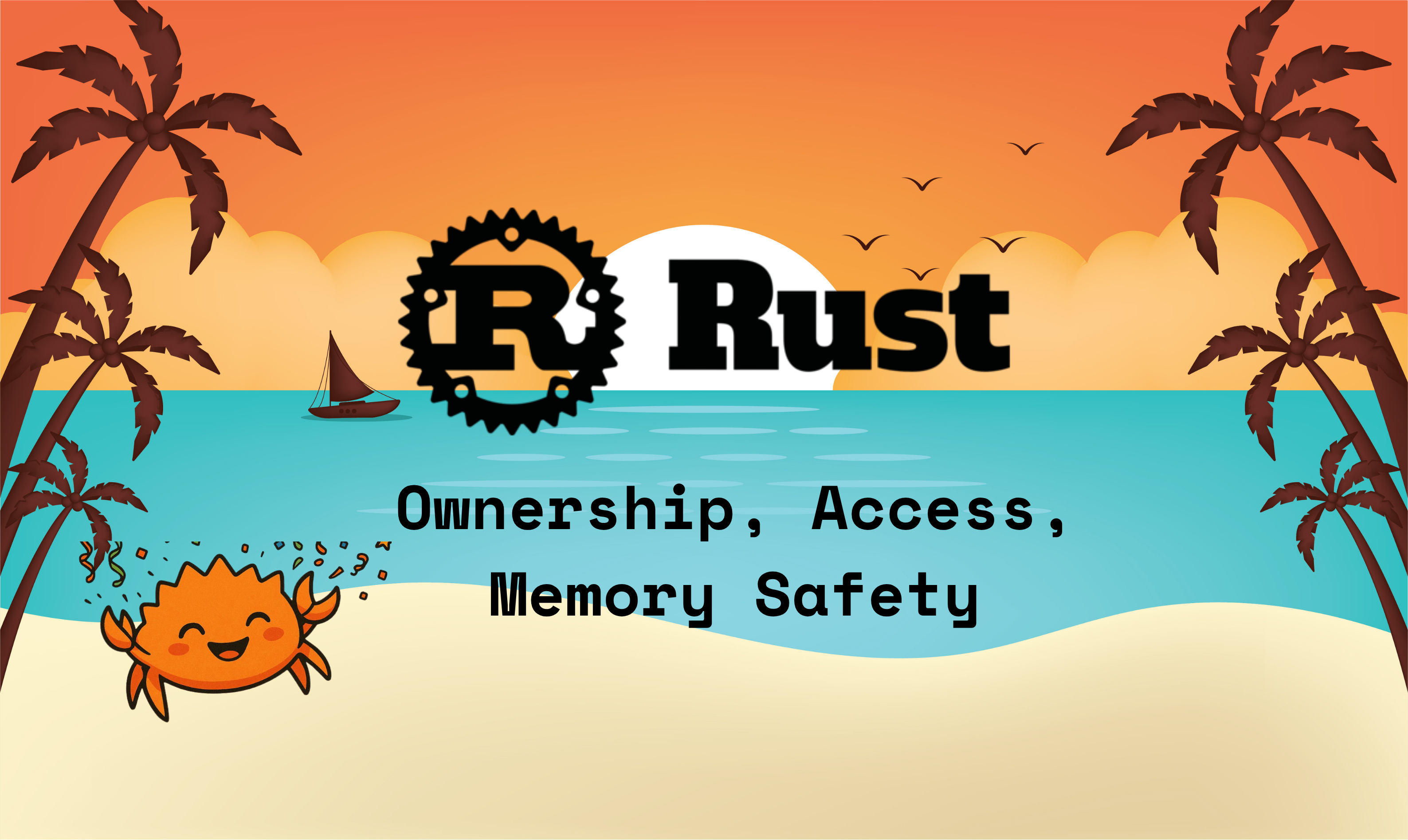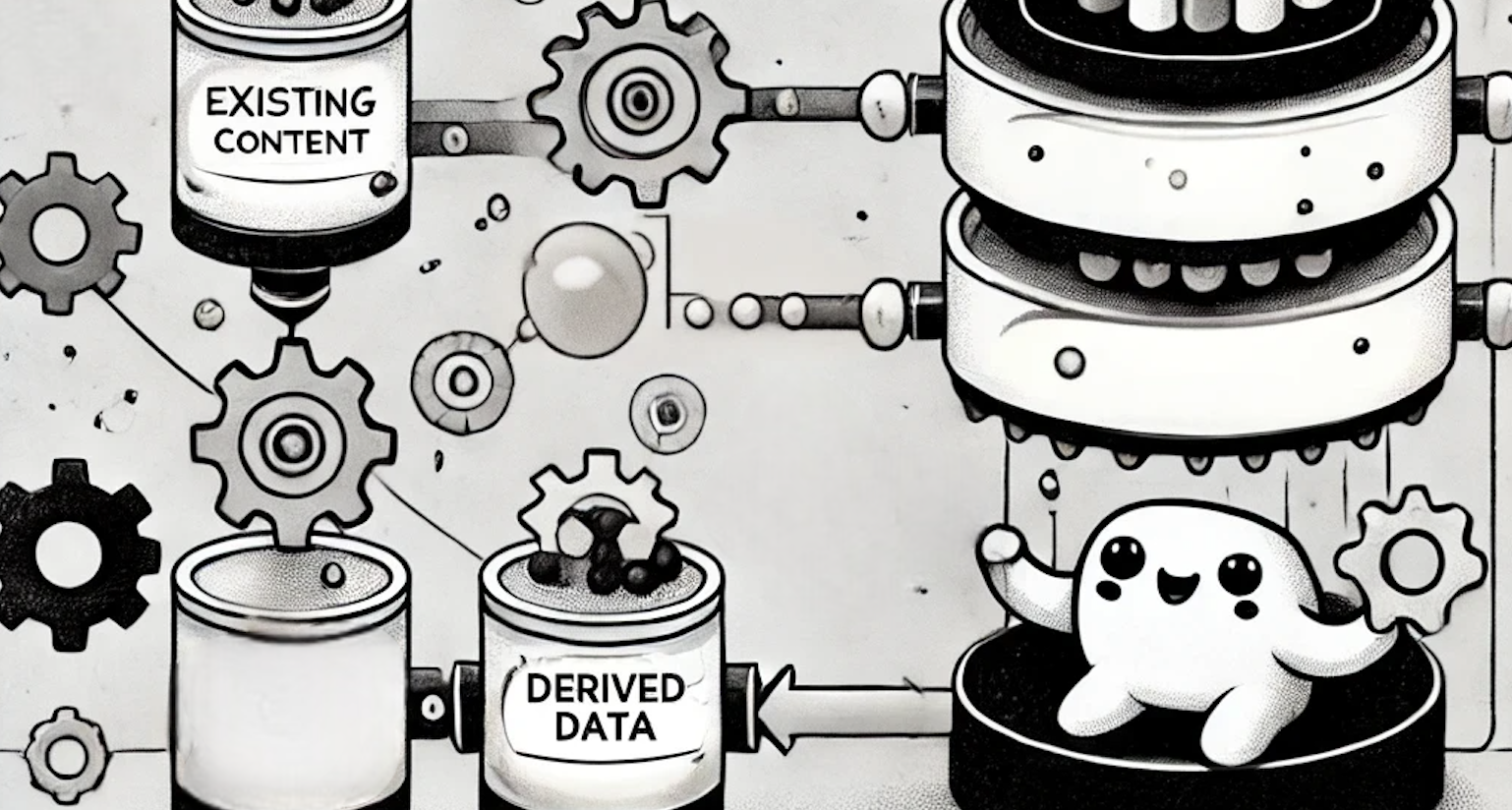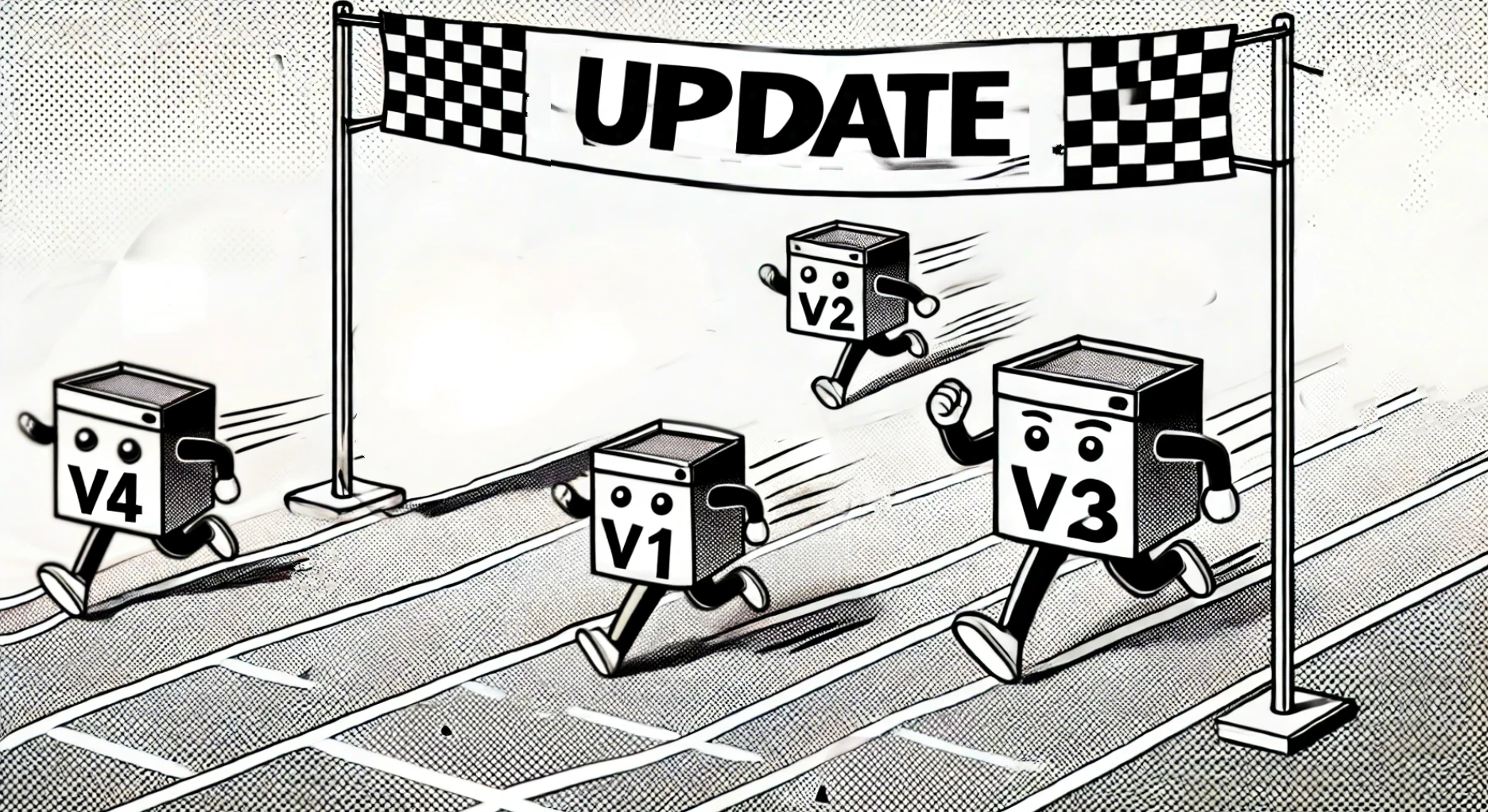AI-Native Data Pipeline - Why We Made It

There’s more need for open data infrastructure for AI, than ever.
Data for humans → to data for AI
Traditionally, people build data frameworks heavily in this space to prepare data for humans. Over the years, we’ve seen massive progress in analytics-focused data infrastructure. Platforms like Spark and Flink fundamentally changed how the world processes and transforms data, at scale.
But with the rise of AI, entirely new needs — and new capabilities — have emerged. A new generation of data transformations is now required to support AI-native workloads.






